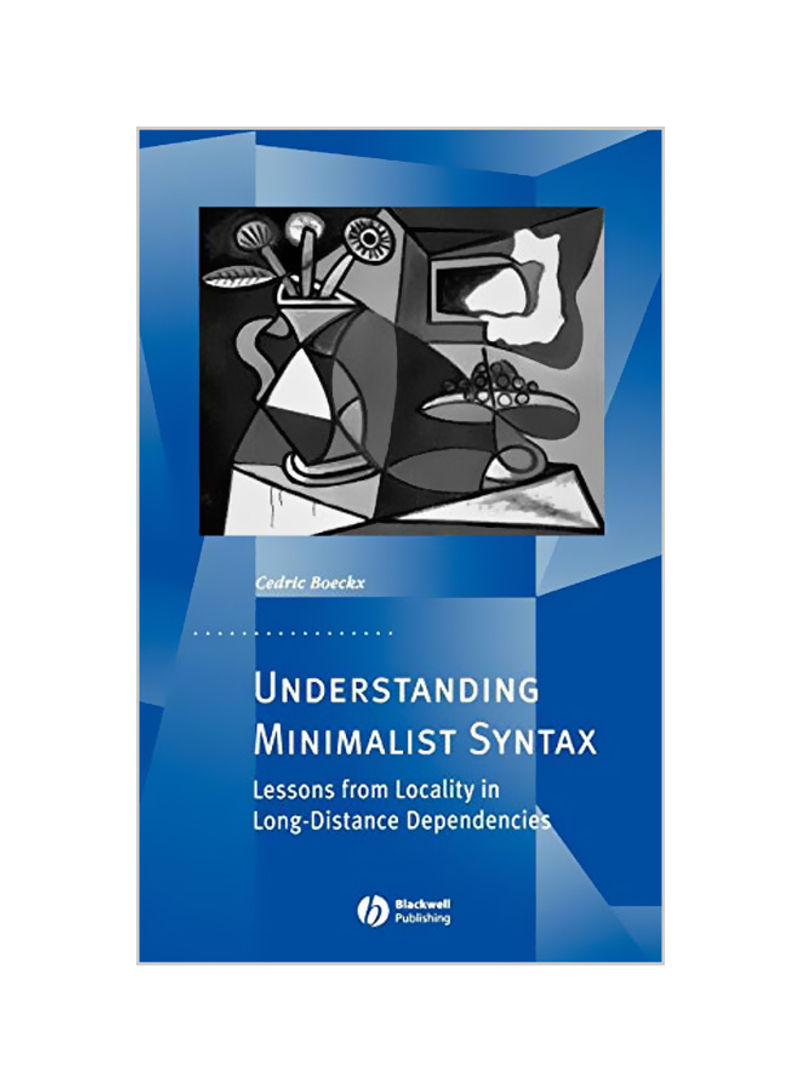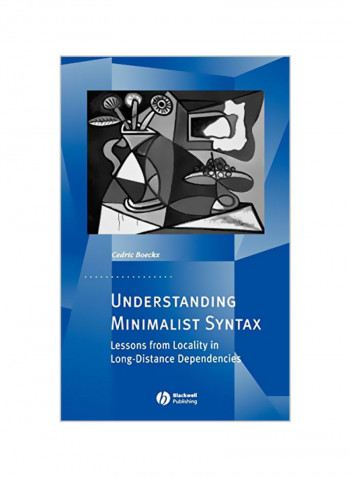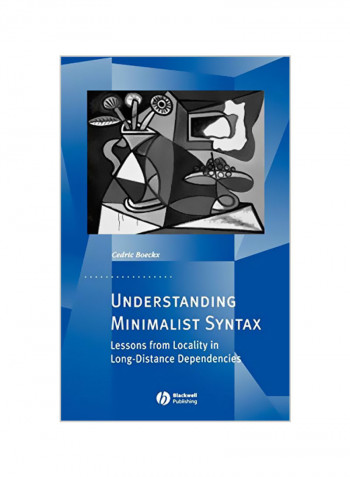Understanding Minimalist Syntax Hardcover
Recommend
Sort by
Rating
Date
Specifications
Author 1
Cedric Boeckx
Book Description
Understanding Minimalist Syntax introduces the logic of the Minimalist Program by analyzing well-known descriptive generalizations about long-distance dependencies. * An introduction to the logic of the minimalist program - arguably the most important branch of syntax * Proposes a new theory of how long-distance dependencies are formed, with implications for theories of locality, and the minimalist program as a whole * Introduces the logic of the minimalist program by analyzing well-known descriptive generalizations about long-distance dependencies, and asks why they should be true of natural languages * Rich in empirical coverage, which will be welcomed by experts in the field, yet accessible enough for students looking for an introduction to the minimalist program.
ISBN-10
1405157941
ISBN-13
9781405157940
Language
English
Publisher
John Wiley And Sons Ltd
Publication Date
01-08-2007
Number of Pages
192
About the Author
Cedric Boeckx is Assistant Professor of Linguistics and a member of the Mind/Brain/Behavior Interfaculty Initiative at Harvard University. He is the author of Islands and Chains (2003), Linguistic Minimalism (2006), and numerous articles in journals such as Linguistic Inquiry and Natural Language and Linguistic Theory.
Editorial Review
In the space of just 150 pages Boeckx provides an accessible and assured introduction to minimalism; a terrific critical review of the evidence for cyclic movement; a sympathetic yet powerful critique of phase theory; and a new approach to the cycle based on an intuitively natural version of Least Effort. This really is a tour de force and can be read profitably by expert and neophyte alike. Norbert Hornstein, University of Maryland "The book investigates the venerable topic of successive cyclic movement in order to shed light on the nature of the minimalist program. It is a truly impressive achievement which draws important conclusions regarding the most fundamental issues of the minimalist program and puts back the phenomenon of successive cyclic movement in the center of syntactic theorizing. It should have a strong impact on the field." eljko Boskovi , University of Connecticut "This is a concise study of how locality and anti-locality effects can be handled within minimalism: it is up-to-date, thought-provoking and full of insightful and original ideas - ideal for use as a 'specialist topic' on an advanced syntax course." Andrew Radford, University of Essex



